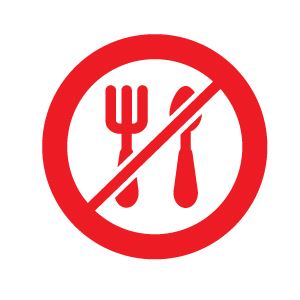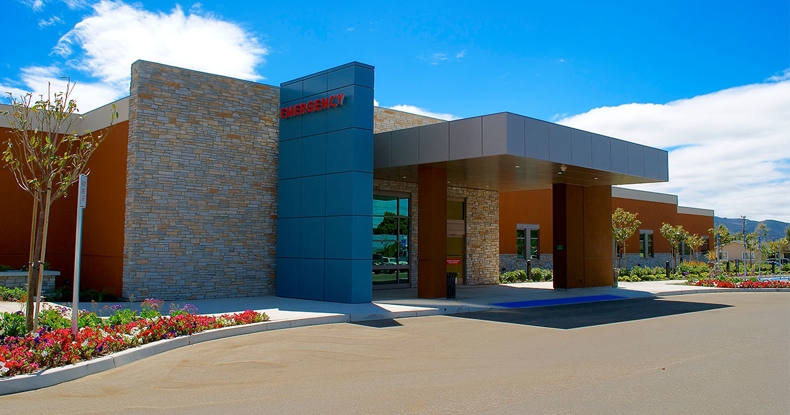The Weight Loss Pitfalls of Grazing
- Category: Health & Wellness, Weightloss
- Posted On:
- Written By: LVMC

If you find yourself reaching into the chip bag multiple times per day, eating small amounts of nuts here and there, or taking a few bites of leftovers from the fridge, you may have a common eating pattern called grazing.
Grazing is defined as unplanned, repetitious snacking on small amounts of food throughout the day.
If overeating or being a binge eater was a common occurrence before you had weight loss (bariatric) surgery, it may not be uncommon for you to have developed grazing habits.
Often, eating behaviors become transferred when the previous behavior is no longer an option. Because eating large amounts of food in one sitting is no longer possible due to your reduced stomach size, that extra food intake is now spread throughout the day.
Dangers of Grazing
Because of its habitual subconscious action, grazing often goes unnoticed. With grazing, only small amounts of food are eaten at once. When this occurs numerous times throughout the day in addition to meals, the calories add up. To put things into perspective, 15-18 plain potato chips are about 150 calories, and one-quarter cup of nuts adds about 170 calories. Snacking on “just a little bit” of these foods throughout the day can add an additional 300-600 calories to your daily allowance, depending on how frequently it occurs.
Research confirms that the adoption of this maladaptive eating behavior is associated with an increased risk of long-term postoperative weight gain. This association occurs regardless of the type of bariatric surgery and has also been linked with psychological distress. If these habits are not corrected, they can lead to the development of other undesirable eating behaviors.
Causes of Grazing
Grazing has many different causes. Common culprits include skipping breakfast, relying on food as comfort, eating out of boredom, stress or anxiety, depriving yourself of certain foods and not addressing undesirable eating behaviors prior to surgery.
Here are some tips on overcoming grazing eating behaviors:

1) Recognize
The first step to overcome grazing is to recognize the occurrence. It may be a habit that you don’t even realize that you are doing. Be mindful of your eating habits so you can take the first step to make a change.

2) Monitor
Keeping track of what you eat in a day in a logbook is helpful, to reflect back on what you truly eat in a day. Even doing so for just 1-2 weeks allows you to recognize eating patterns and become aware of exactly how much you are eating throughout the day. It may surprise you.

3) Practice Mindful Eating Behaviors
Grazing is most often an effect of mindlessness. Before eating, ask yourself, “Am I hungry, or is this just a craving?” Understand WHY you are eating. Is it because you are bored, anxious, or stressed? If it is for any reason other than true hunger, distract yourself with another activity.

4) Have a Plan
Having pre-determined mealtimes helps to avoid mindless eating throughout the day. Most often, three meals and two snacks daily works best, but for others, six small meals per day is a better option. Planned meals that fit your dietary guidelines help to keep you satisfied and prevent grazing.

5) Keep “trigger” Foods Out of the House
Simply having snack foods in the house can be triggering. The best option is to keep foods that are commonly snacked on (chips, crackers, pretzels, etc.) out of your home. This way you won’t be tempted to have “just one.”

6) Distract Yourself
If you notice that you are about to eat an unplanned snack, distract yourself with another task. This could be a variety of things such as going for a walk, playing games, calling a friend, doing laundry or cleaning the house. Even a short 5-minute task can distract you from unplanned snacking.

7) Ask For Help
Your support system is there for a reason. If you find yourself grazing, it may be helpful to discuss what is going on with your family, friends, or medical support team to determine ways to minimize or avoid this behavior.
If you’re a post-weight loss surgery patient and are looking for more tips like these, consider attending our Bariatric Support Group, held the first Wednesday of every month from 7 to 8 pm in the Honda Room of the Ocean’s Seven Café in the hospital.






